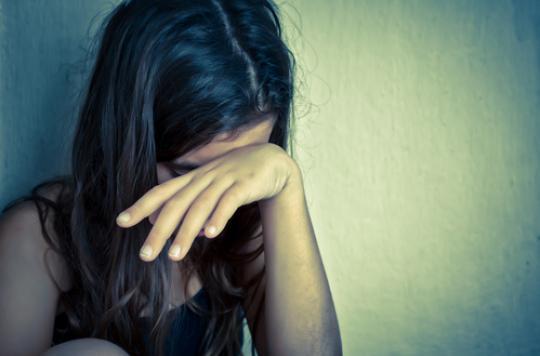Fatal cancers occur more often in people who have reported psychological distress, study finds.

Cancers are not just a matter of genetics or lifestyle. According to a study conducted in the United Kingdom, psychological state may play a role in the occurrence of fatal cancers. The works, published in the BMJ and relayed by Agence France-Presse, show that people who are depressed or anxious have a higher risk of dying from certain types of cancer.
Analysis of the pathways of more than 160,000 adults in England and Wales reveals that those who have declared themselves to be in psychological distress have more frequently died as a result of leukemia, cancers of the prostate or of the digestive system ( colon, pancreas, esophagus).
Mental and physical health
The researchers point out, however, that this is a statistical observation, which does not necessarily mean that there is a cause and effect link between psychological state and cancer. However, these results add to the many indications of the existence of interactions between physical and mental health.
Research has already shown that symptoms of depression and anxiety are associated with a higher risk of cardiovascular disease. But little was known about the link to cancer until now, the researchers say.
The team analyzed 16 long-term population monitoring studies (ten years on average). Out of 163,363 people aged 16 or over, who did not have cancer when they were enrolled in the study, 4,353 died from this pathology during the observation period.
A high excess risk
According to the analysis carried out, about 80% more people describing symptoms of depression and anxiety in the questionnaires have died of colon cancer, and more than twice as many have died of prostate cancer, pancreas or esophagus. For leukemia, it is even almost four times more.
Researchers have focused in particular on hormone-dependent or lifestyle-related cancers. Studies suggest that the hormonal imbalance linked to depression leads to higher production of cortisol and inhibits natural DNA repair mechanisms, which weakens the defenses against cancer. It has also been established that people with depression have a greater tendency to smoke, drink and become obese, three risk factors for cancer.
Reverse causation cannot be ruled out either. Depression could be caused by symptoms of undiagnosed cancer, not the cause of the cancer, the researchers warn. Further research is therefore needed to confirm the link and unravel the causalities.
.
















